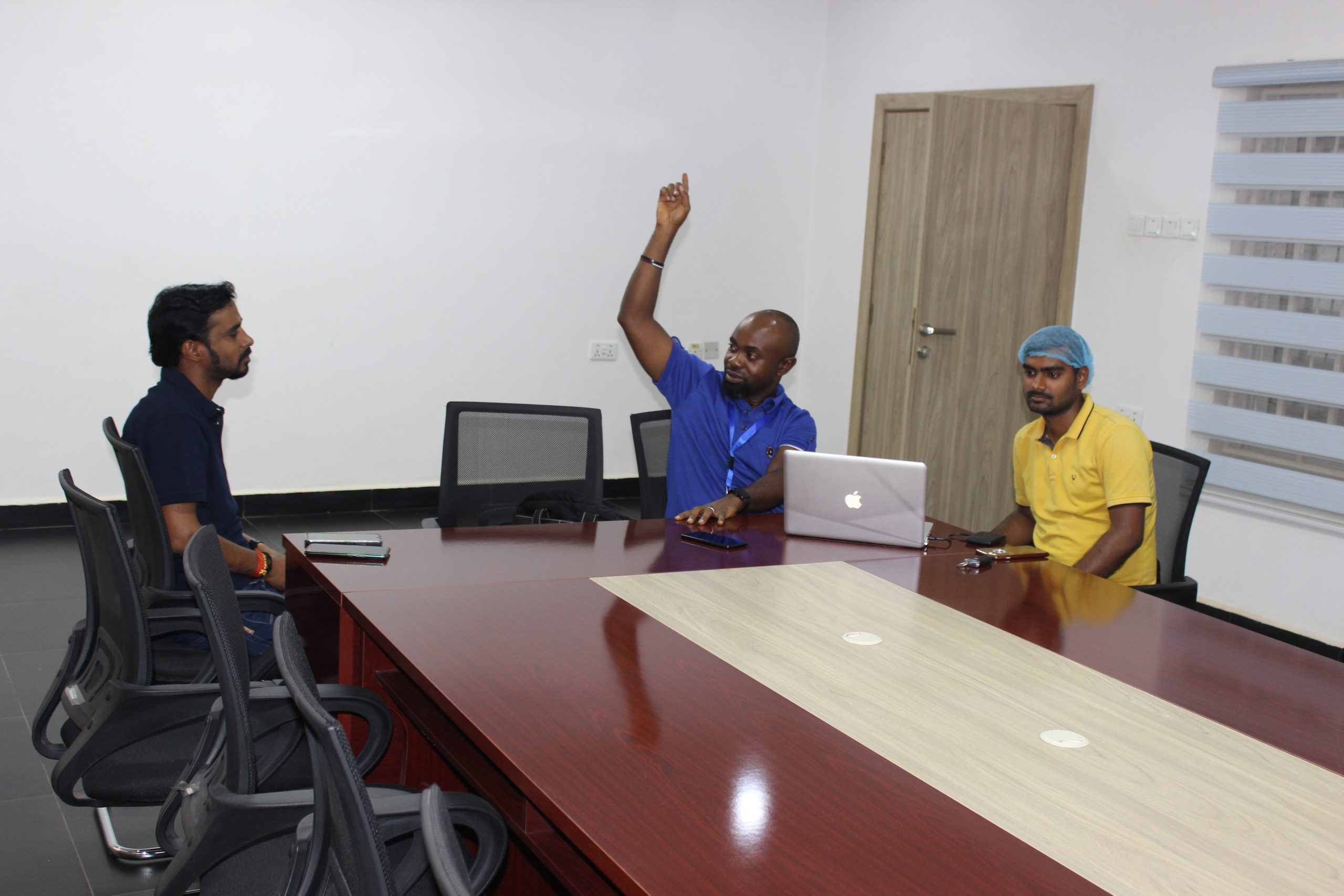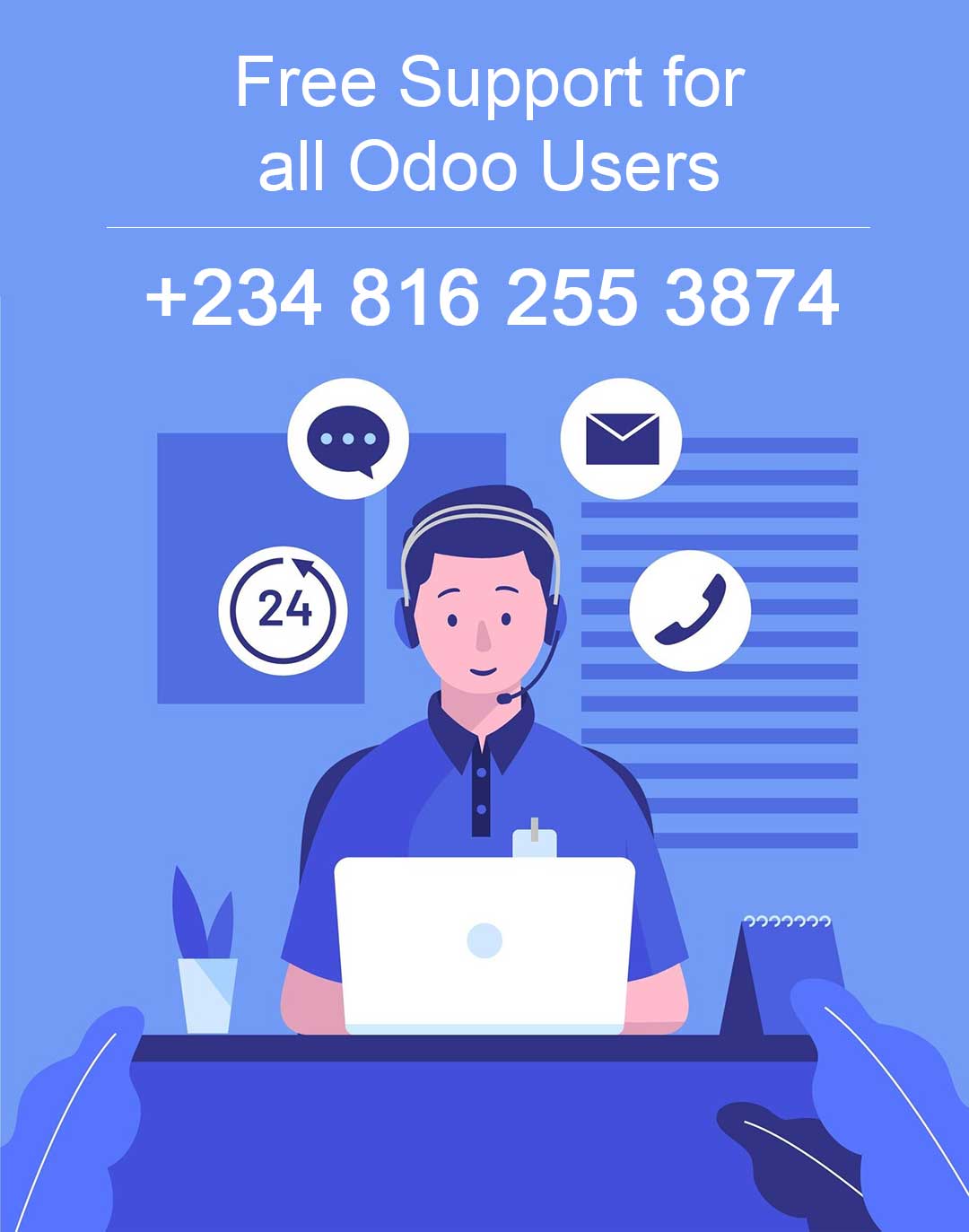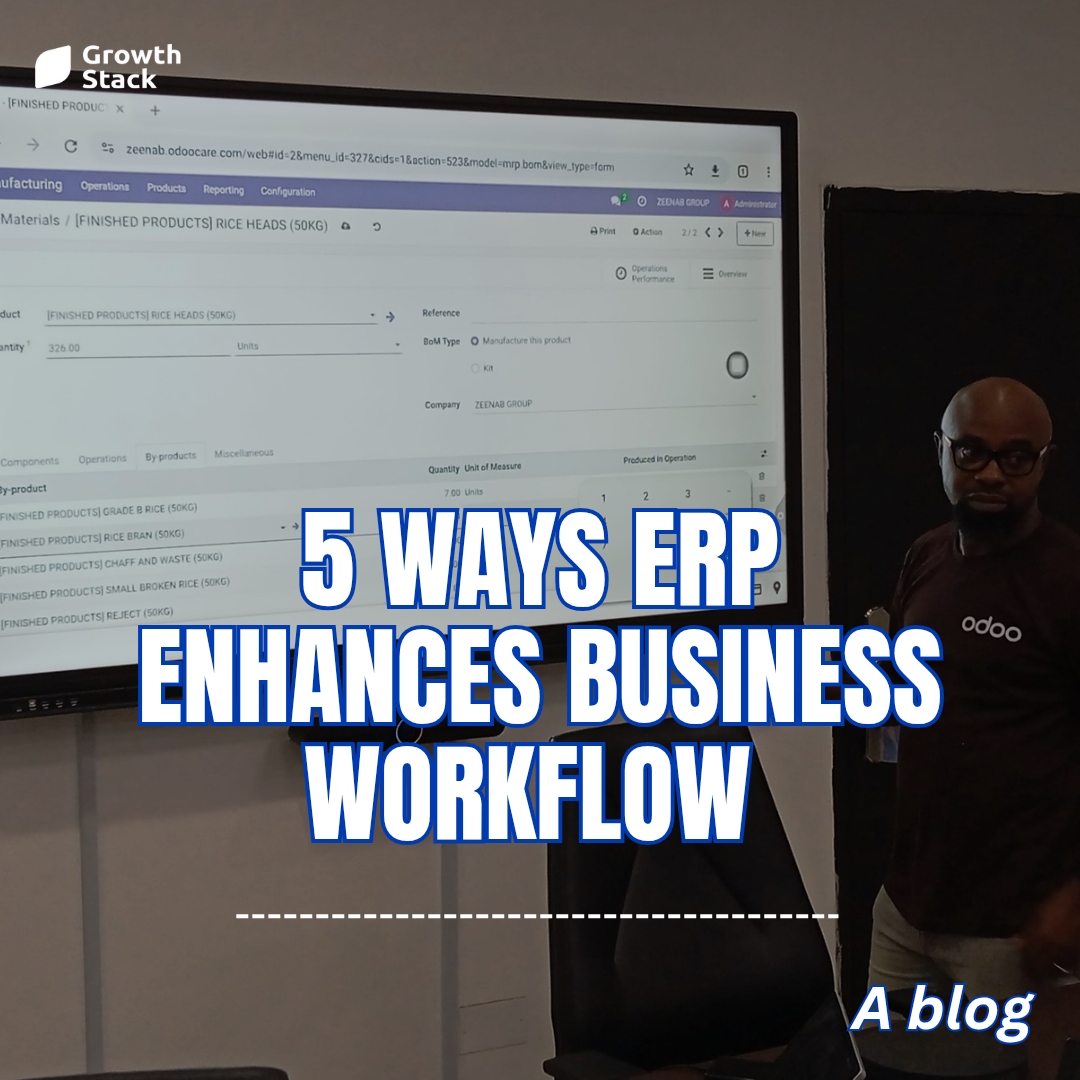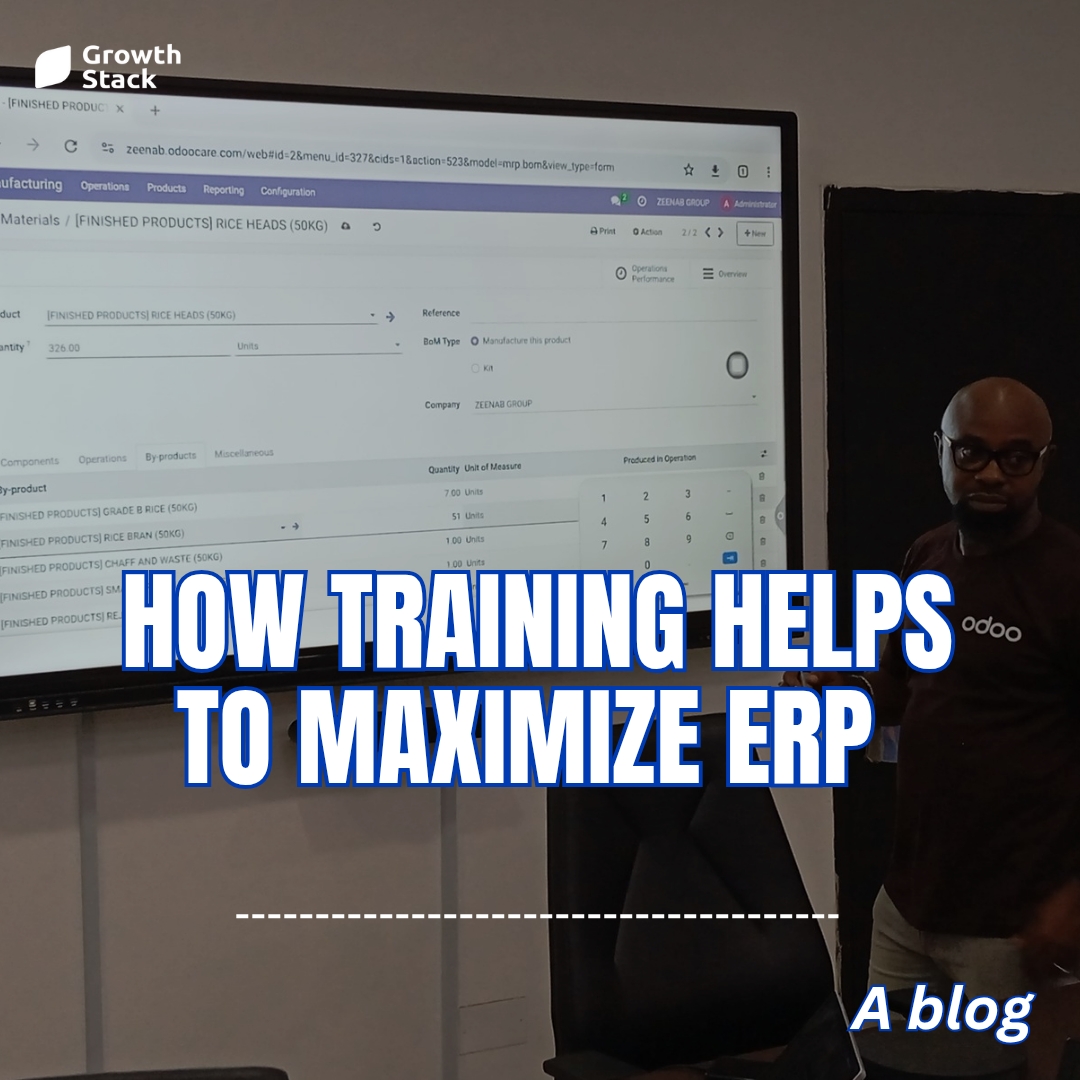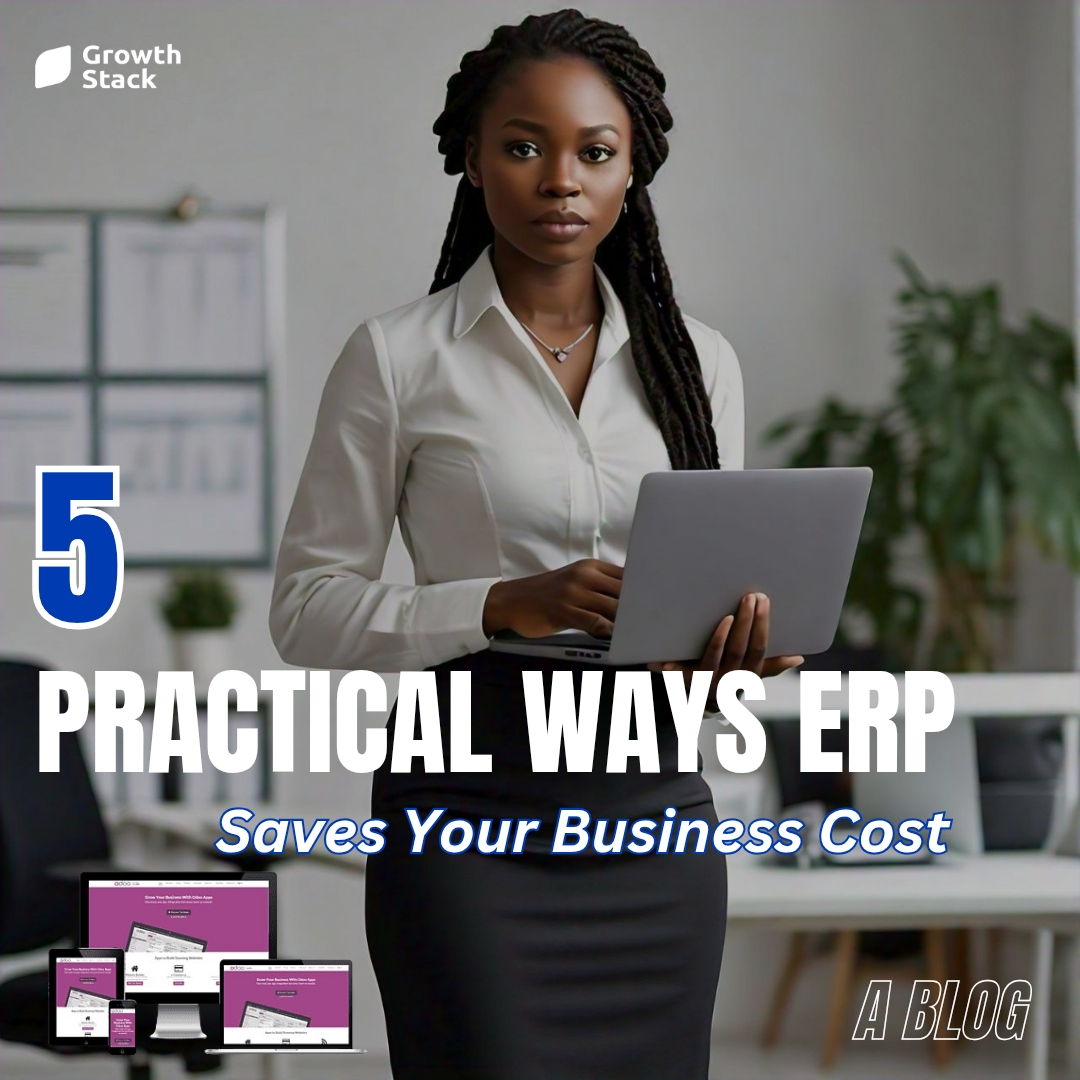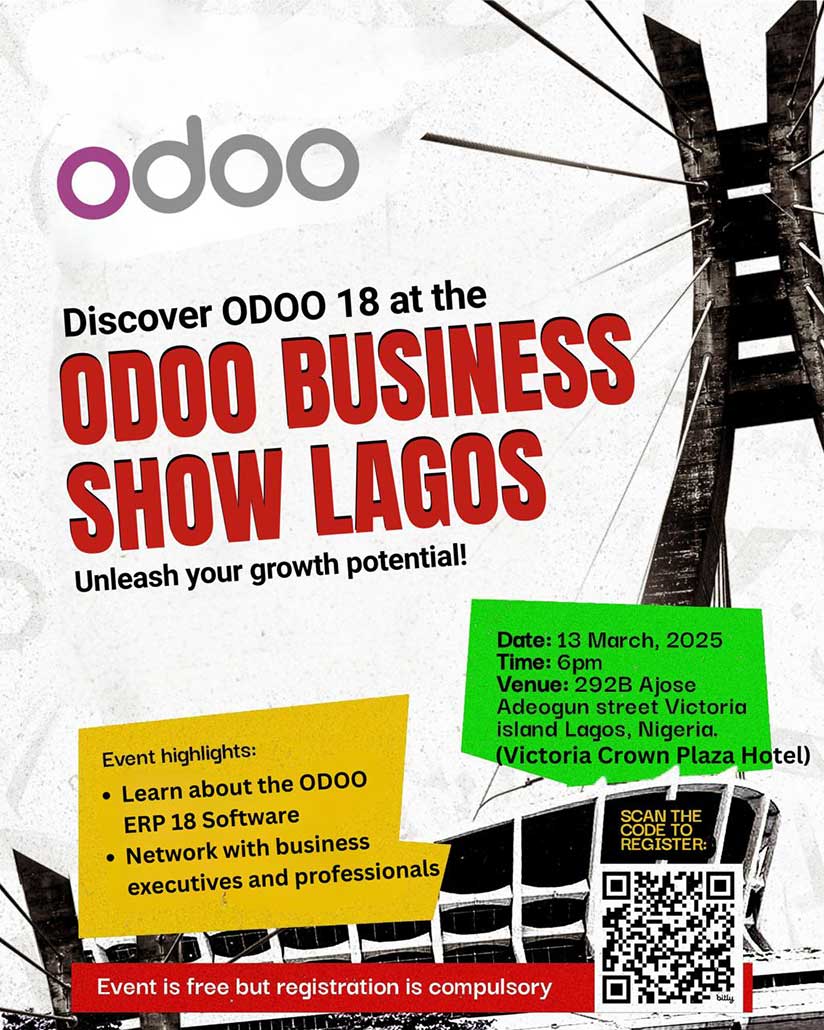Importance of ERP for Bottling Company.
It’s safe to argue that companies in the beverage sector deal with a wider range of difficulties than others. Beverage producers must use clever, effective strategies if they are to stay relevant in their market niche.
This is due to the wide range of helpful features and capabilities it offers, such as batch tracking and traceability, predictive stock management, QA monitoring, and warehousing applications, which are crucial for handling perishable material.
Suspicious? We’re going to look more closely at the advantages it may provide to the food and beverage sector in this article.
-
Adherence to regulations.
The food business is known for having strict regulations. It’s also one of the industries that is changing the quickest. As a result, food makers must always be on the lookout for new rules to ensure compliance.
It might be difficult to keep up with evolving trends and laws. Well-managed beverage ERP software may help with transparency and stock management throughout your business.
-
Stock Monitoring and Management.
It takes a little of juggling to manage perishable material effectively. For food and beverage providers, it is crucial to guarantee that products are delivered to customers or stockiest in a fresh, useable state. However, this task is made more difficult when profit and cash flow are at stake.
An ERP system streamlines the administration of perishable goods with their expiry dates, while improving traceability. Such software allows creating a watertight product cycle a sustainable and lucrative practice thanks to built-in technologies like batch tracking and predictive stock management.
-
E-Commerce and Mobility Capabilities.
While businesses across all industries must reevaluate and adapt to shifting work practices due to shifting customer demands and a market that is more focused on digital products and services. This equally applies to the food and beverage industry, where E-Commerce and mobility are used more often.
The multi-device access capabilities of modern ERP software enable you and your team to collaborate using desktop, mobile, and cloud-connected devices. This helps with other aspects of the business as well, such as providing prompt customer service and making cross-departmental collaboration. It also increases efficiency and flexibility.
-
Data Administration.
A central database that can be quickly accessed by all necessary business operations is one of the main advantages of ERP software. All departments of your organization, from warehousing and logistics to marketing, sales, and quality control, profit from easy access to data, which boosts productivity and ensures that no opportunities are missed.
Of course, easy data access makes it much simpler to manage and monitor perishable goods along the supply chain in the food business especially. It is considerably simpler to prevent waste and excess stock when all departments have access to real-time stock data.
-
Controlling consistency and quality.
Quality control is crucial in the food production industry. Food and beverage firms devote a lot of time and money to quality control and management in order to ensure that the majority of their finished goods live up to expectations and future sales.
Having said that, implementing efficient quality management is not a simple process. Consistency is essential at every level because producers must carefully regulate food from raw materials to packaging. This may be facilitated by an ERP system, which offers a way to manage and monitor quality across the whole lifespan of a product.
-
Customer Assistance.
As stated earlier, preserving and improving customer service is essential. Customers like to purchase from companies that provide both high-quality goods and first-rate customer service. This calls for careful planning and striking the right balance.
Some people might be surprised to learn how much an ERP platform can contribute to sustaining customer service. The software streamlines communication making it simpler to log questions and answer when with a CRM (customer relationship management) module. This helps consolidate and manage customer data, transactions, and interactions.
-
Competitive Edge.
The food and beverage sector is fiercely competitive, with a lot of well-known names. To stay ahead of the competition, firms must use a variety of strategies. For many, investing in ERP software is a highly successful method.
A contemporary ERP system may be a priceless asset in your toolbox on every level. Offering the option to automate tasks and procedures. It may enhance all facets of the company, giving it a priceless competitive edge in this fast-paced industry.
-
Decision-making.
The ability of the appropriate individuals to access current, real-time data at the appropriate moment is essential for effective decision-making. This assurance is provided by an ERP system, which improves process management throughout the supply for the food business by decreasing workflow bottlenecks.
In the hands of decision-makers at all levels, data is a priceless asset. The wisdom and insights that can be gained from current data may help organizations take advantage of opportunities, avoid pain spots. To make decisions that will advance the organization, whether on the shop floor, within marketing teams, or when purchasing products.
Find out more right now.
Please contact us right away to learn more about how we can help. The Odoo ERP system may assist you in achieving increased process transparency, which is required for long-term remote working to be successful. We are an international team of ERP business improvement system specialists who create and market ERP solutions for a variety of industries. We can assist you in creating the ideal ERP solution to support your remote working endeavors.
